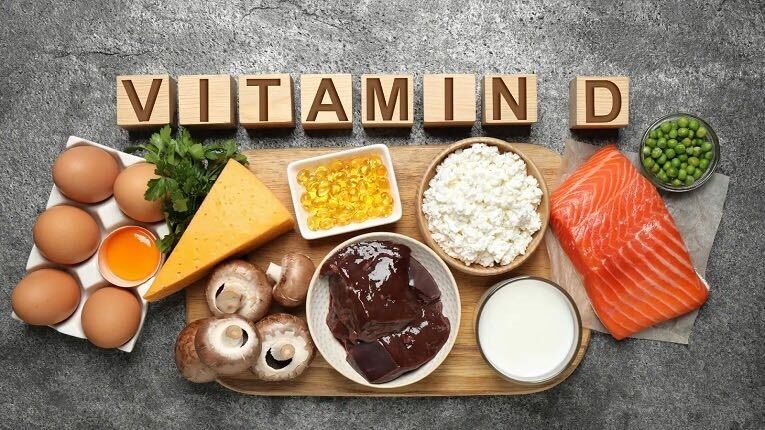The importance of vitamin D in medical science is immense. Vitamin D is essential to fight various chronic diseases like cancer, high blood pressure, osteoporosis, several autoimmune diseases, bowel diseases, celiac disease, kidney disease, liver disease and pancreatitis. This is especially important for breastfed babies, adults and people with short sun exposure.
Photo: Collected
Health DeskRead in 3 minutes
In most cases, patients do not realize vitamin D deficiency. Because it has no symptoms. However, vitamin D deficiency can lead to diseases such as osteoporosis and bone fractures, cardiovascular disease, cancer and type-2 diabetes. That is, vitamin D levels should be tested at least once a year as part of a health check-up.
Foods rich in vitamin D should be included in the diet to avoid vitamin D deficiency. For example, oily fish and egg yolks. To naturally increase the amount of vitamin D in the body, 2 to 3 times per week should be exposed to direct sunlight between 10 am and 3 pm.
It also dissolves iron, magnesium and phosphorus. It cannot be overstated that vitamin D is needed to boost immunity and improve physical condition.
Also read: So many benefits of a cup of clove tea!
With age, the skin’s ability to produce vitamin D decreases. And the elderly are more prone to osteoporosis. So it is not right to sit at home all day just because you are old. Get out and sunbathe regularly. Polluted air, smoke etc. absorb or reflect UV rays. So, if you are in a polluted city, you should sometimes go to a remote village or outing.
Some symptoms appear when the body is deficient in vitamin D.
For example:
1. If there is a sudden tendency of hair fall, it should be noted whether vitamin D is reduced in the body or not.
2. Bone, muscle weakness and pain, joint deformities and chronic back pain can be common symptoms of vitamin D deficiency.
3. Low levels of vitamin D in the body can lead to stress and anxiety, which can lead to frequent mood swings. If you feel lethargic and tired despite eating a healthy diet and getting good rest, it could be due to vitamin D deficiency.
4. Obese people are more likely to develop vitamin D deficiency because fat cells block the release of vitamin D in the body. Again sudden weight loss is not a good sign for the body. Vitamin D deficiency can lead to weight loss despite eating well.
5. In the absence of vitamin D, the body’s immune system begins to decrease. It also takes a lot of time to dry the wound.
6. Lack of vitamin D in the body can cause fatigue, tremors and a desire to lie down for no reason.
How much vitamin D your body needs depends on your age. Adults need 600 units of vitamin D and 1000 micrograms of calcium daily. On the other hand, for those who are over 70, the amount of vitamin D increases to 1200 micrograms. The requirement of vitamin D is 25-100 mg depending on the age.






